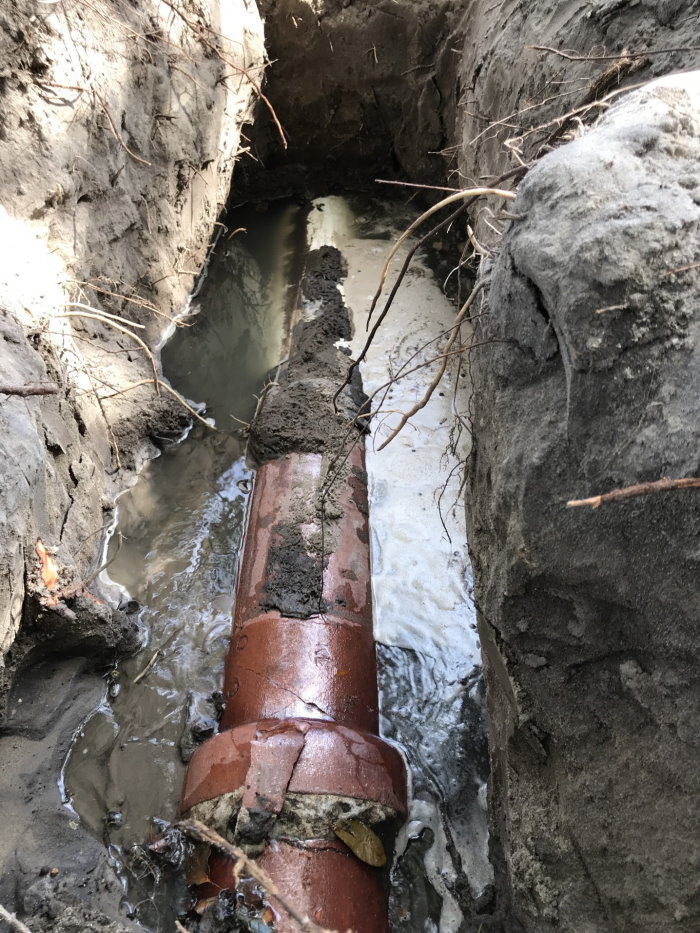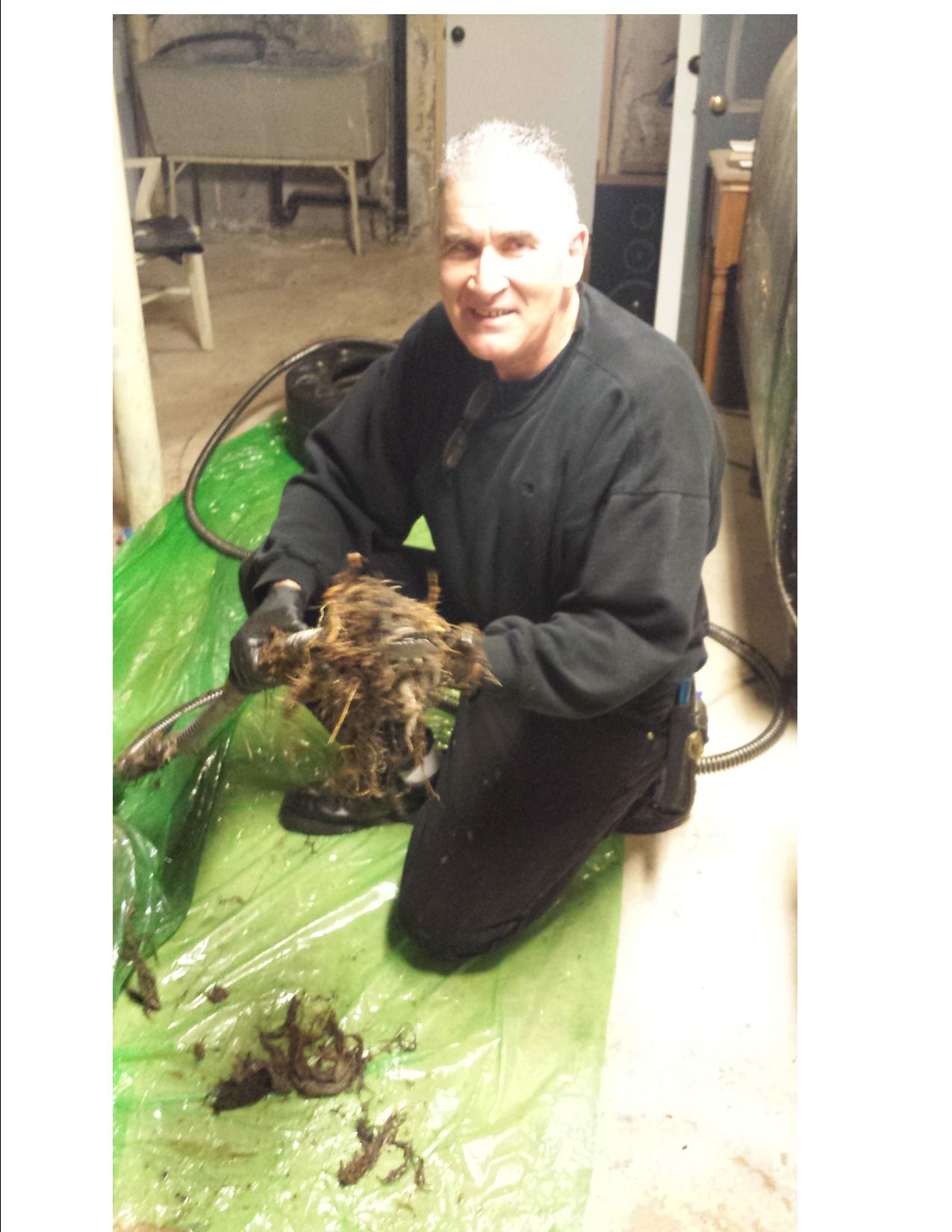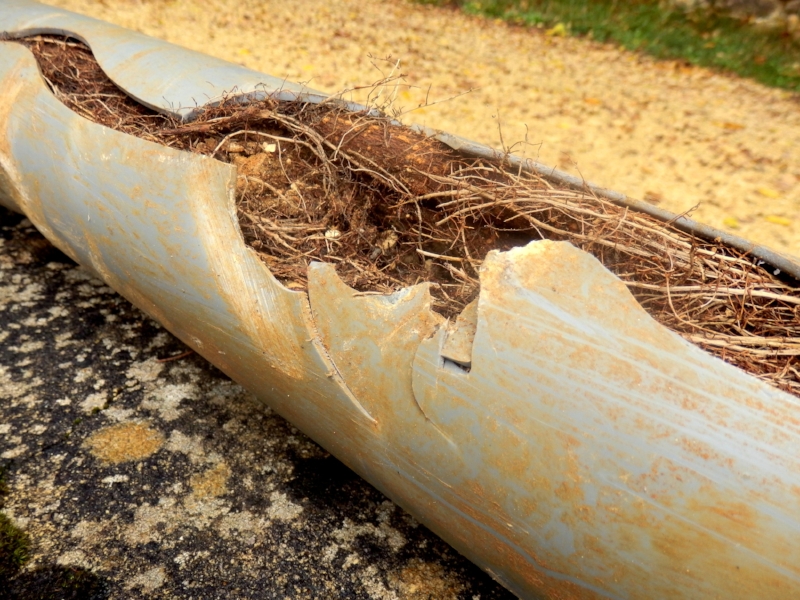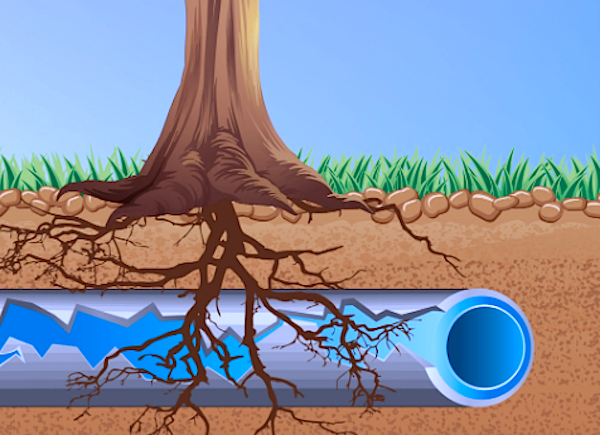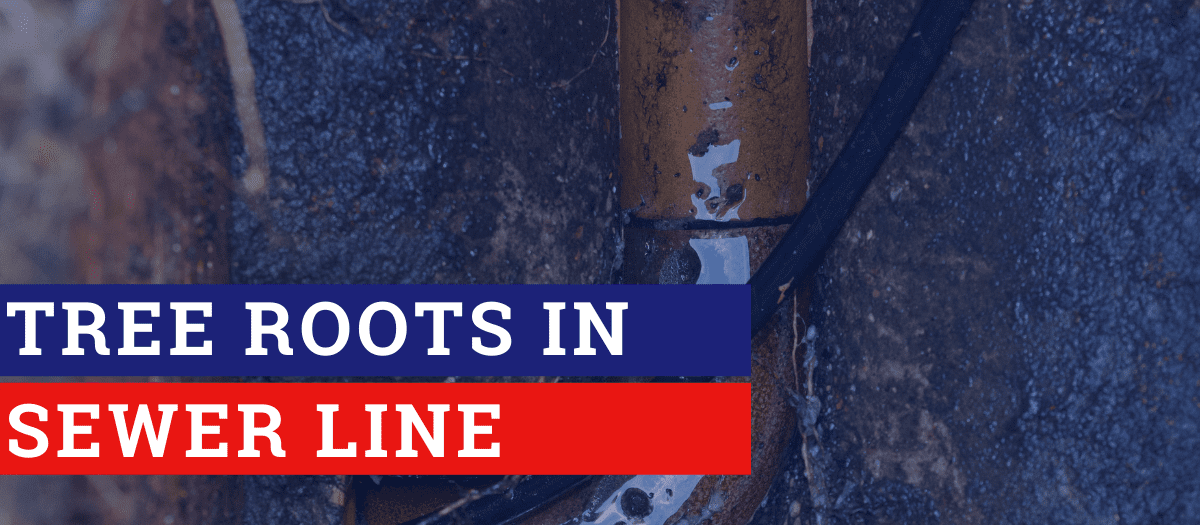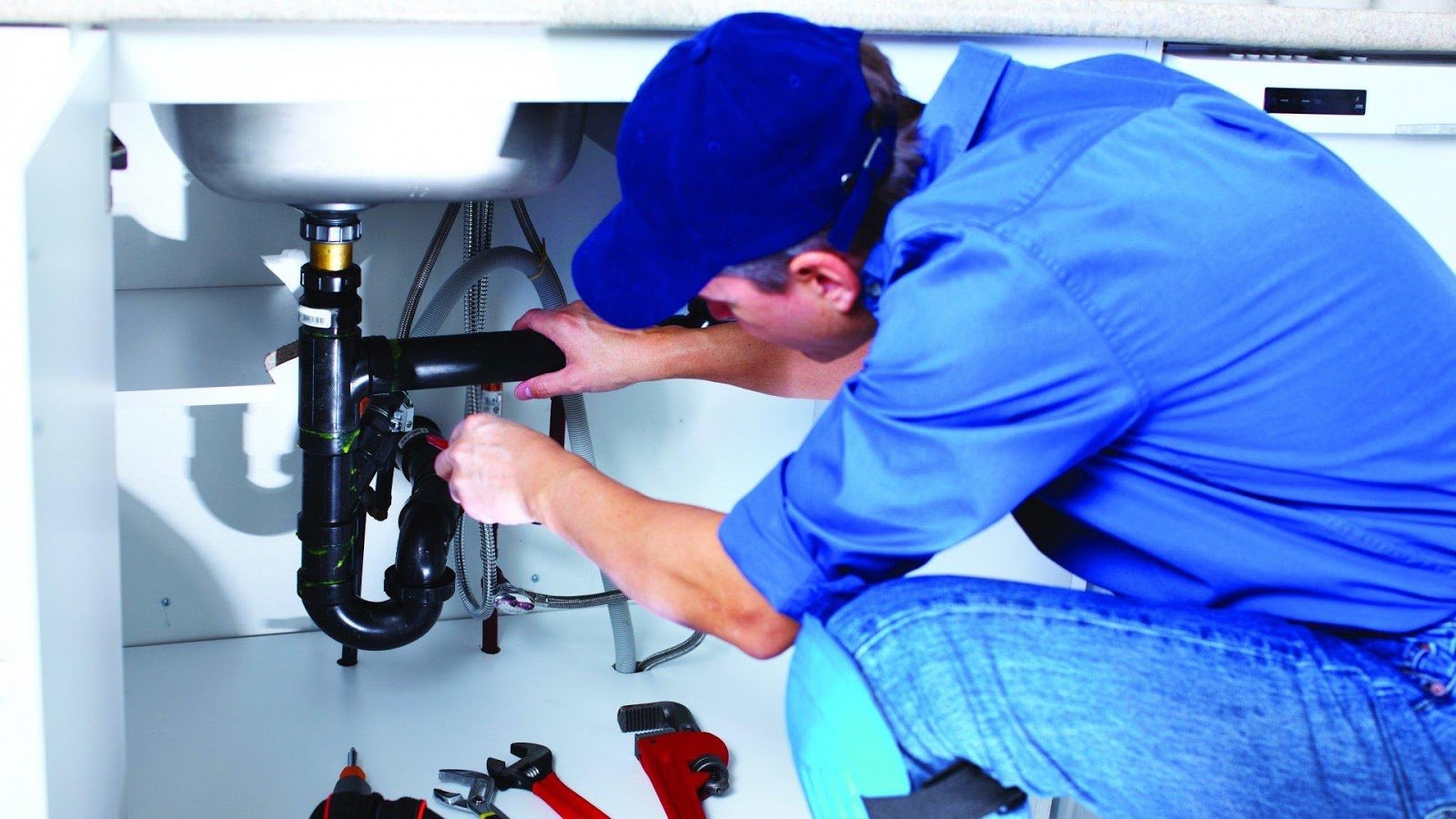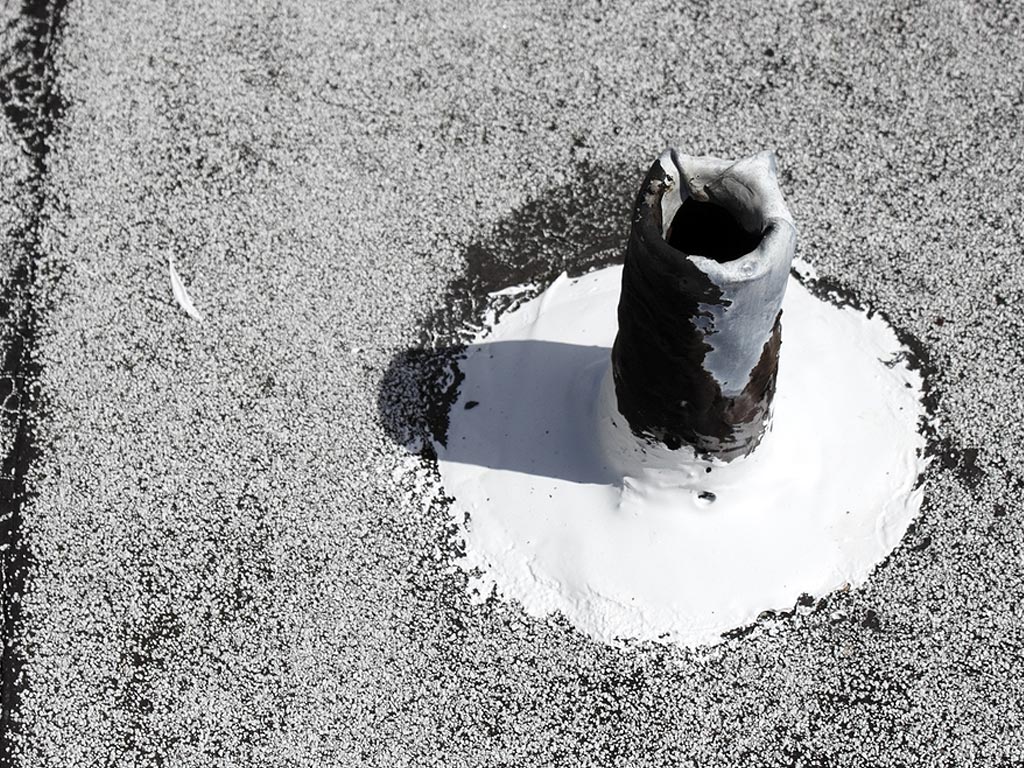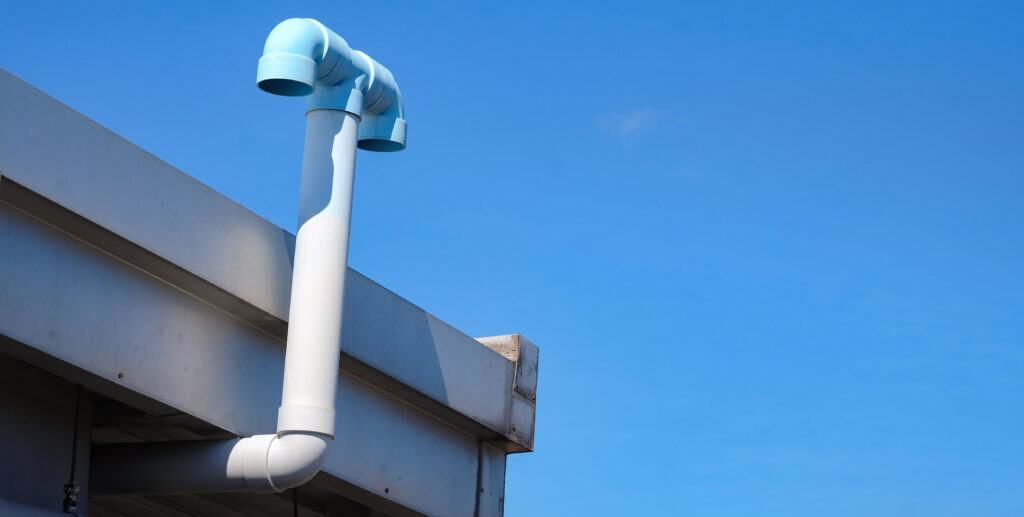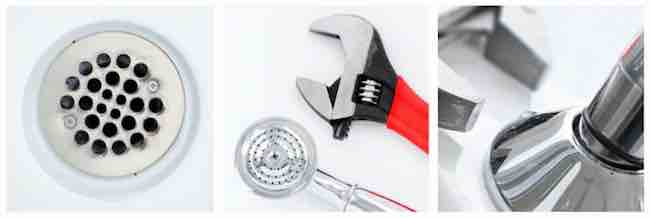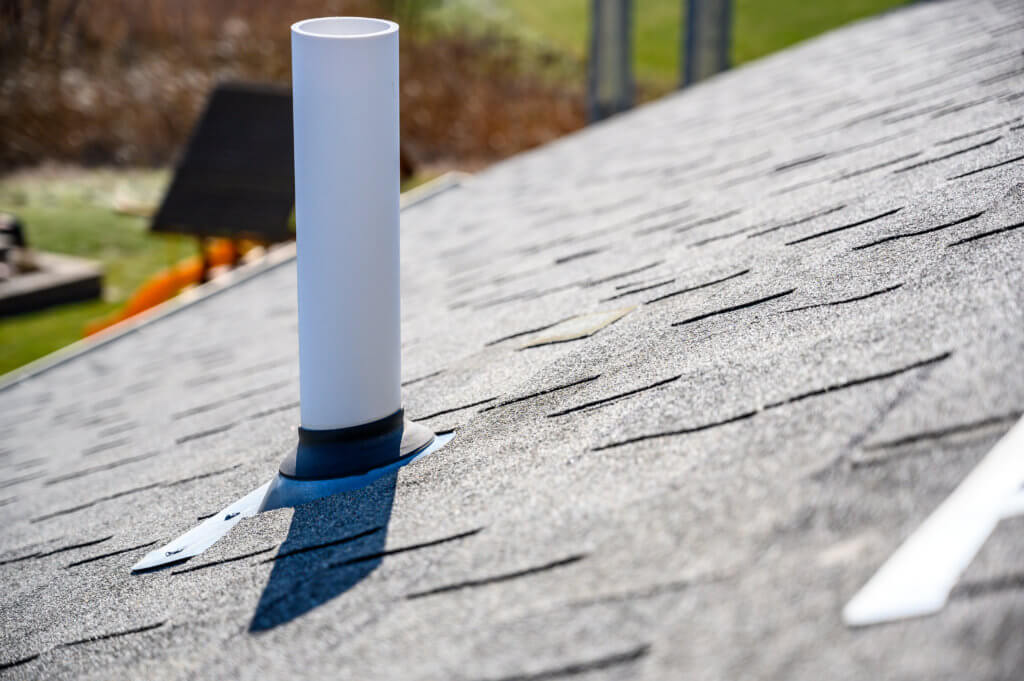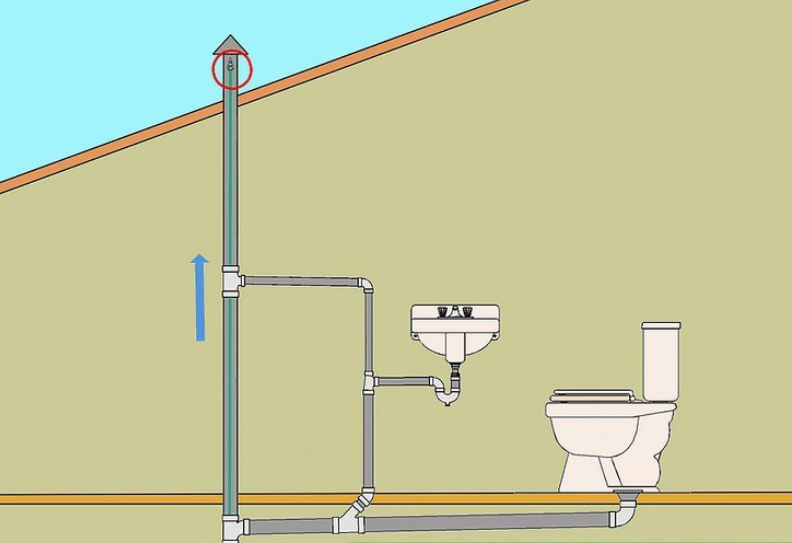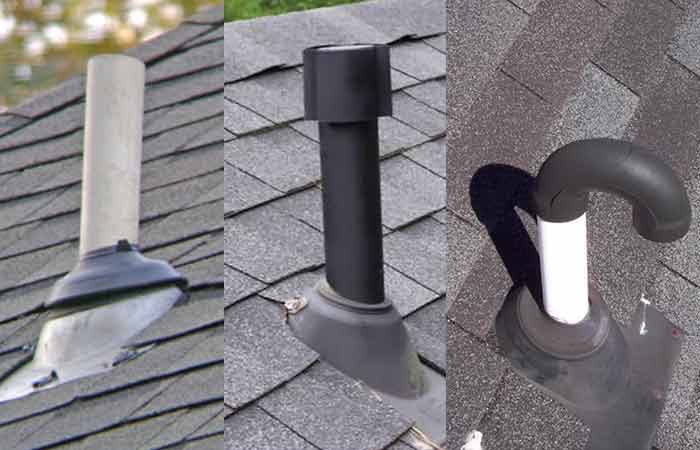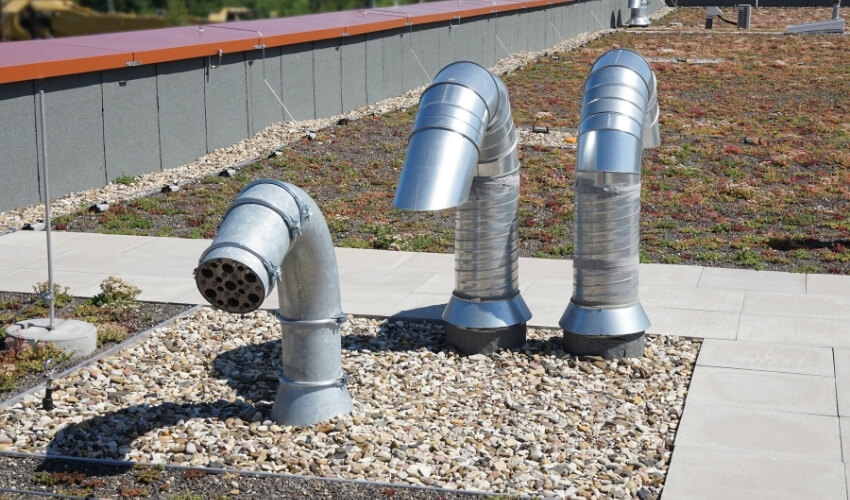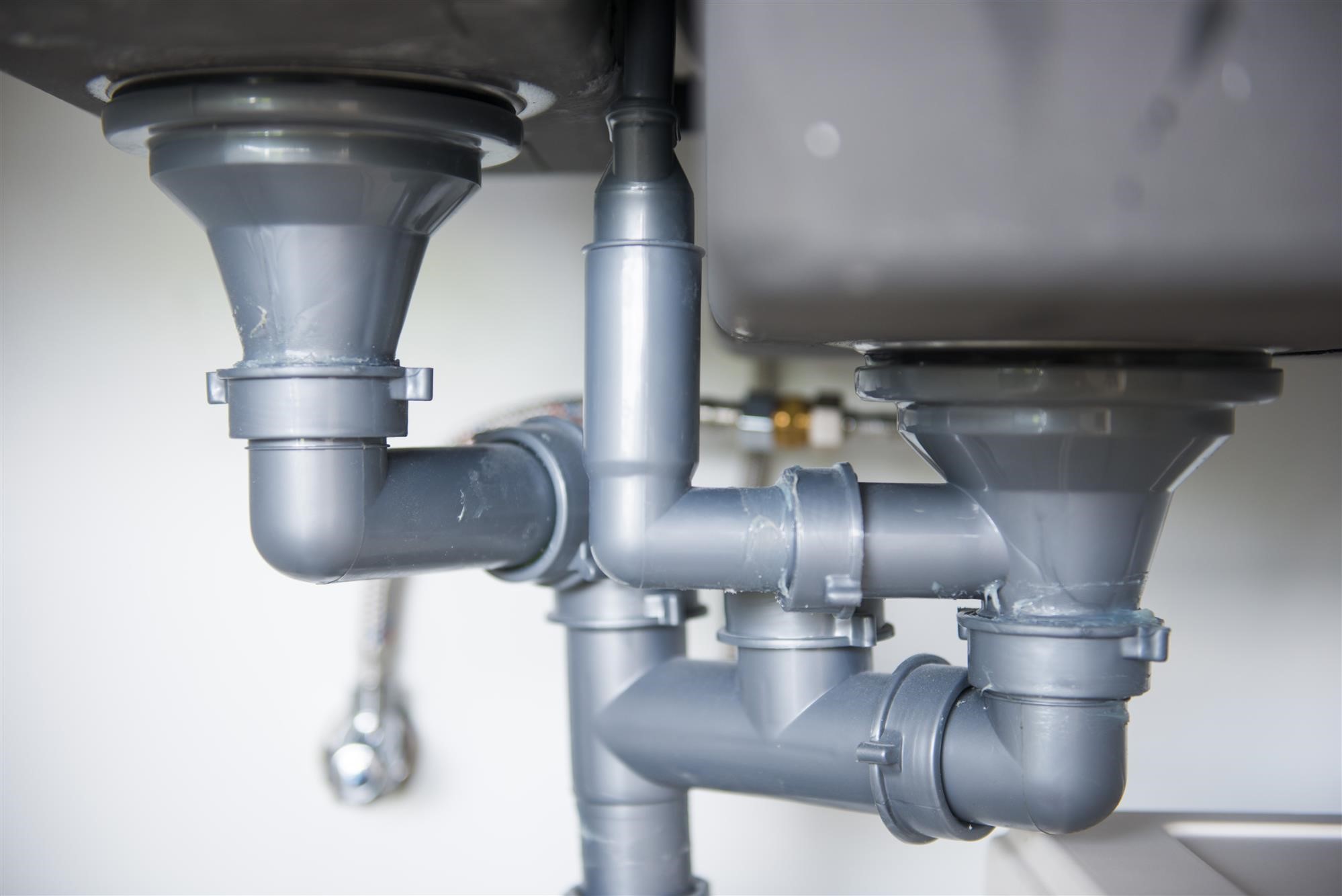One of the main reasons for a clogged kitchen sink is the buildup of grease. As we cook and wash dishes, small amounts of oil and grease can go down the drain. Over time, this grease can accumulate and harden, creating a blockage in the pipes. This is especially common in homes that do not have a garbage disposal, as the grease has nowhere else to go. To prevent this, it is important to properly dispose of grease by wiping it off of pans and dishes with a paper towel before washing them.1. Grease buildup
Another common culprit of a clogged kitchen sink is food particles. When we rinse our dishes and wash food off of them, small bits of food can go down the drain. Over time, these particles can build up and cause a blockage. To prevent this, it is important to always scrape off excess food into the trash before rinsing dishes and to use a sink strainer to catch any remaining food particles.2. Food particles
Accidentally dropping an object down the kitchen sink can also cause a clog. This could be anything from a small utensil to a piece of jewelry. These objects can get stuck in the pipes and create a blockage. To avoid this, be mindful of what you are placing near the sink and always double check before rinsing dishes or washing your hands.3. Foreign objects
If you have an older home, your kitchen sink may be connected to old, corroded pipes. Over time, these pipes can become weakened and develop cracks or breaks, leading to a clog. Additionally, as the pipes age, they can become narrower, making it easier for debris to become trapped and cause a blockage. If you suspect your kitchen sink clog is due to old pipes, it may be time to consider replacing them.4. Old pipes
If you live in an area with hard water, mineral deposits can build up in your pipes and create a blockage. These deposits can also stick to the sides of your pipes, making it easier for debris to get caught and cause a clog. To prevent this, you can install a water softener to reduce the mineral content in your water.5. Hard water
Regular maintenance of your kitchen sink can help prevent clogs from occurring. This includes regularly cleaning and flushing out your pipes with hot water and vinegar to break down any buildup. It is also important to periodically check the pipes for any leaks or cracks and address them promptly.6. Lack of regular maintenance
A garbage disposal is a helpful tool in the kitchen, but it can also contribute to clogs if not used properly. Many people make the mistake of putting large or hard items down the disposal, which can cause damage and create a blockage. It is important to only put soft, small food scraps down the disposal and to always run water while it is in use.7. Incorrect use of garbage disposal
If your kitchen sink is repeatedly clogging, it may be due to tree roots in your sewer line. Roots can grow into the pipes, causing damage and blockages. If this is the case, you will likely need to hire a professional plumber to remove the roots and repair any damage.8. Tree roots in sewer line
In some cases, a clogged kitchen sink may be due to a poorly designed plumbing system. This could mean that the pipes are not properly sloped, leading to a buildup of debris, or that the pipes are too small, making it easier for clogs to occur. If you suspect your plumbing system is the cause of your clogs, it is best to consult a professional plumber for a solution.9. Poorly designed plumbing system
A clogged vent pipe can also contribute to a clogged kitchen sink. This pipe is responsible for allowing air to flow through the plumbing system, which helps to move water and debris through the pipes. If the vent pipe becomes clogged, it can create a vacuum effect, making it difficult for water and debris to flow properly. This can lead to clogs and backups in your kitchen sink. A professional plumber can help identify and clear any clogs in the vent pipe.10. Clogged vent pipe
Additional Reasons Your Kitchen Sink May Be Clogged

1. Improper Disposal of Food Waste
 One common reason for a clogged kitchen sink is the improper disposal of food waste. Many people are guilty of rinsing their plates and dumping leftover food scraps down the sink. However,
food waste can easily get stuck in the pipes and create a blockage
. This can be especially problematic if you have a garbage disposal, as larger food particles can get trapped and cause a buildup over time. To prevent this,
make sure to properly dispose of food waste in the trash or compost
.
One common reason for a clogged kitchen sink is the improper disposal of food waste. Many people are guilty of rinsing their plates and dumping leftover food scraps down the sink. However,
food waste can easily get stuck in the pipes and create a blockage
. This can be especially problematic if you have a garbage disposal, as larger food particles can get trapped and cause a buildup over time. To prevent this,
make sure to properly dispose of food waste in the trash or compost
.
2. Grease and Oil Buildup
 Another culprit for a clogged kitchen sink is
the buildup of grease and oil
. When cooking, it's easy to pour excess grease down the drain, but this can cause major issues over time. As the grease cools, it solidifies and can create a sticky layer on the inside of your pipes. This can
attract other debris and cause a stubborn clog
. To avoid this,
dispose of grease and oil in a separate container and throw it away in the trash
.
Another culprit for a clogged kitchen sink is
the buildup of grease and oil
. When cooking, it's easy to pour excess grease down the drain, but this can cause major issues over time. As the grease cools, it solidifies and can create a sticky layer on the inside of your pipes. This can
attract other debris and cause a stubborn clog
. To avoid this,
dispose of grease and oil in a separate container and throw it away in the trash
.
3. Foreign Objects
 Sometimes, a clogged kitchen sink may not be caused by what you put down the drain, but rather what accidentally falls in.
Small objects like utensils, bottle caps, and even jewelry can easily fall into the sink and cause a blockage
. These objects may not immediately cause a clog, but over time they can accumulate and create a problem. To prevent this,
be mindful of what you are placing near the sink and always check for any misplaced items before running the water
.
Sometimes, a clogged kitchen sink may not be caused by what you put down the drain, but rather what accidentally falls in.
Small objects like utensils, bottle caps, and even jewelry can easily fall into the sink and cause a blockage
. These objects may not immediately cause a clog, but over time they can accumulate and create a problem. To prevent this,
be mindful of what you are placing near the sink and always check for any misplaced items before running the water
.
4. Old Pipes
 If your kitchen sink is constantly clogging, it may be a sign that your pipes are old and deteriorating. Over time, pipes can develop cracks and holes,
allowing debris to get caught and cause clogs
. If your home is older and you haven't had your pipes replaced, it may be time to consider
having a professional inspect and replace your pipes
. This can prevent future clogs and improve the overall function of your kitchen sink.
If your kitchen sink is constantly clogging, it may be a sign that your pipes are old and deteriorating. Over time, pipes can develop cracks and holes,
allowing debris to get caught and cause clogs
. If your home is older and you haven't had your pipes replaced, it may be time to consider
having a professional inspect and replace your pipes
. This can prevent future clogs and improve the overall function of your kitchen sink.
5. Main Sewer Line Issues
 In more severe cases, a clogged kitchen sink may be a result of issues with your main sewer line. If you notice that multiple drains in your home are clogging at the same time, it could be a sign of a
blockage or damage in your main sewer line
. This can be caused by tree roots, debris buildup, or even a collapsed pipe.
It's important to address these issues immediately to prevent further damage and costly repairs
.
In conclusion, a clogged kitchen sink can be a major inconvenience and disrupt the functionality of your home. By being mindful of what you put down the drain and addressing any issues with your pipes or main sewer line, you can prevent clogs and keep your kitchen sink running smoothly. Remember to
properly dispose of food waste and grease, keep foreign objects away from the sink, and seek professional help for any persistent clogs
. This will not only keep your kitchen sink clear, but also maintain the overall health of your plumbing system.
In more severe cases, a clogged kitchen sink may be a result of issues with your main sewer line. If you notice that multiple drains in your home are clogging at the same time, it could be a sign of a
blockage or damage in your main sewer line
. This can be caused by tree roots, debris buildup, or even a collapsed pipe.
It's important to address these issues immediately to prevent further damage and costly repairs
.
In conclusion, a clogged kitchen sink can be a major inconvenience and disrupt the functionality of your home. By being mindful of what you put down the drain and addressing any issues with your pipes or main sewer line, you can prevent clogs and keep your kitchen sink running smoothly. Remember to
properly dispose of food waste and grease, keep foreign objects away from the sink, and seek professional help for any persistent clogs
. This will not only keep your kitchen sink clear, but also maintain the overall health of your plumbing system.








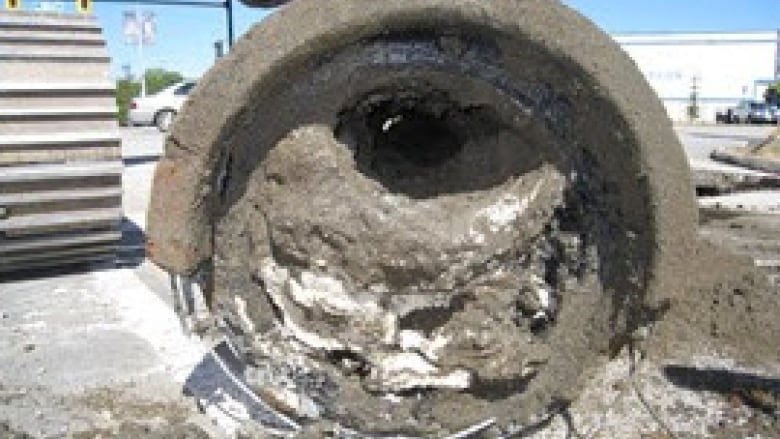

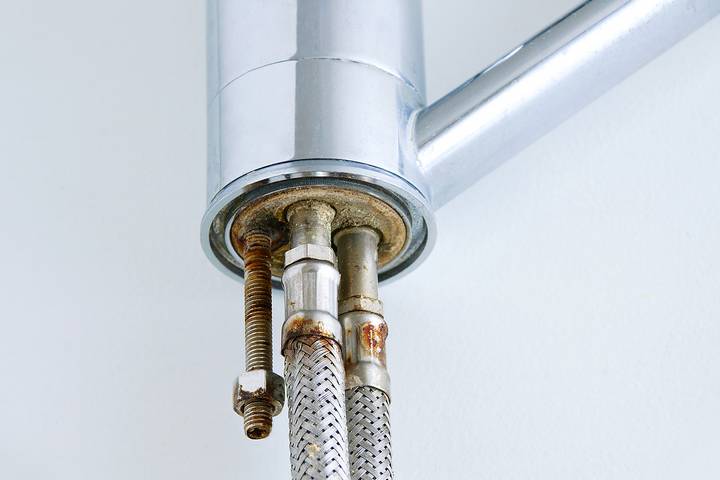





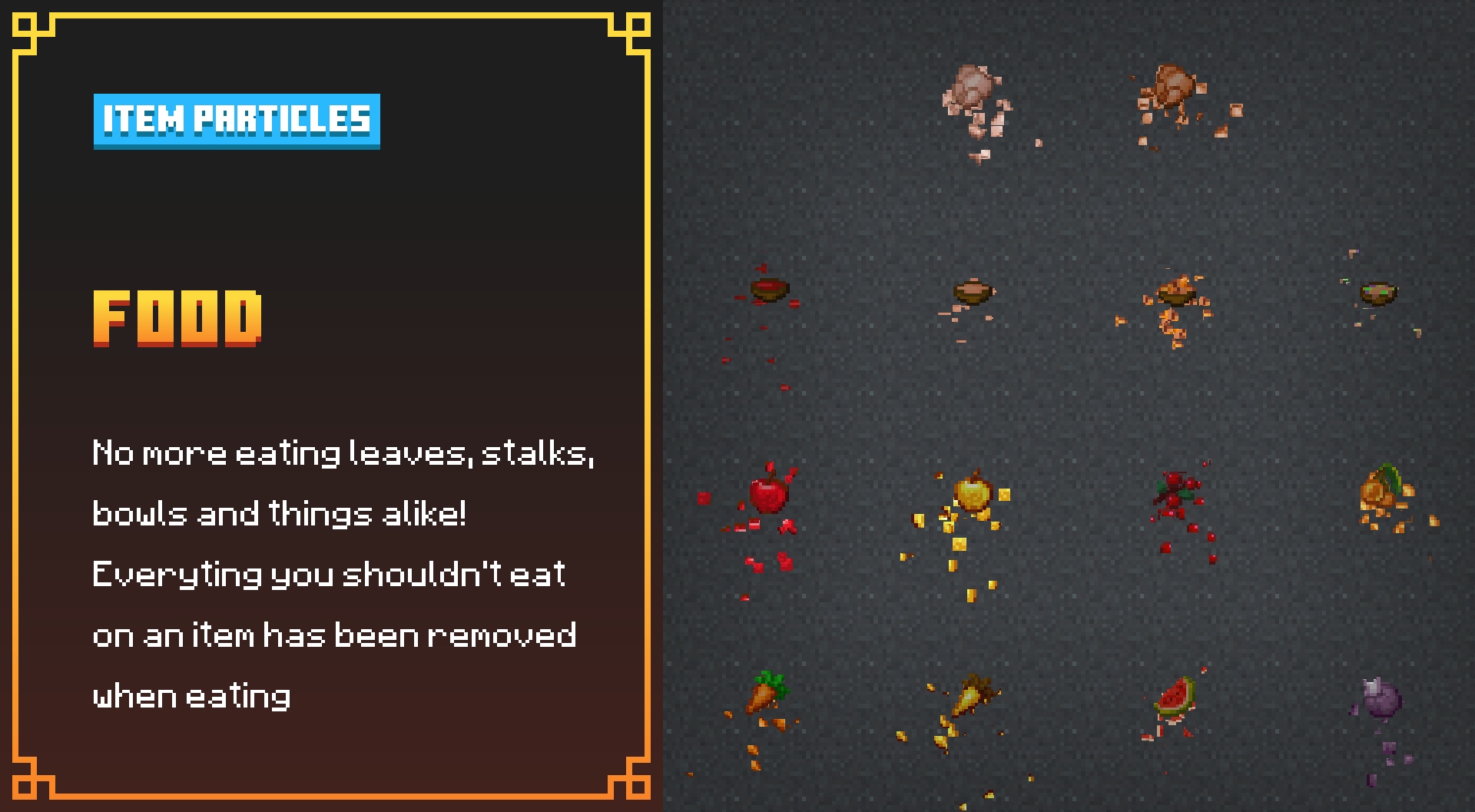

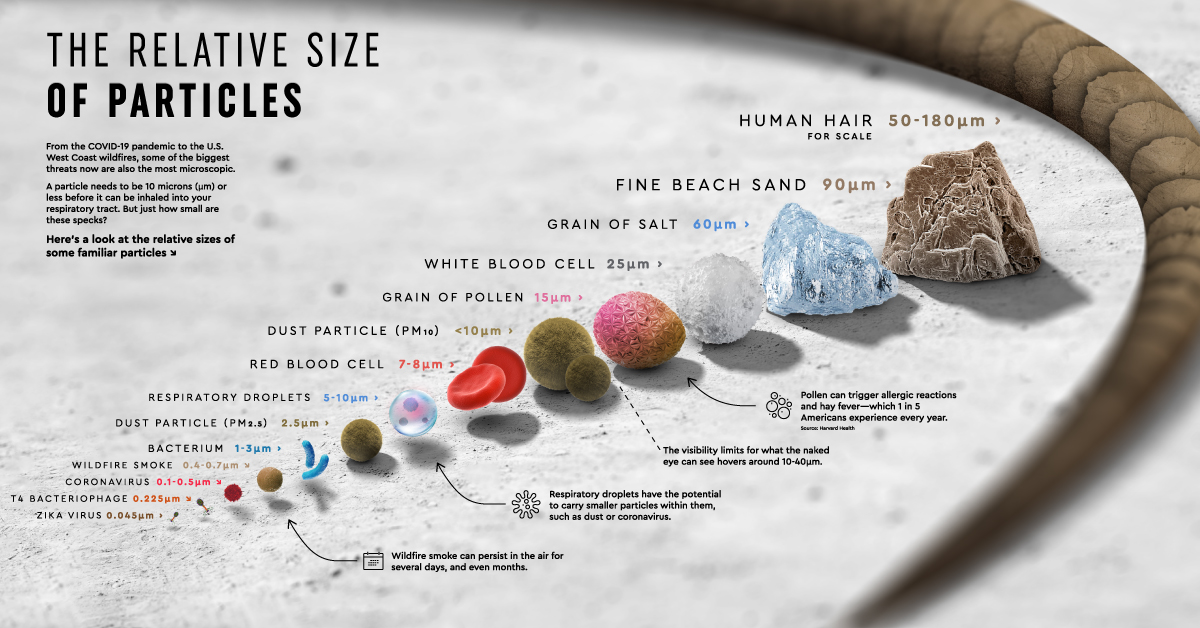







.jpg)






.jpg)





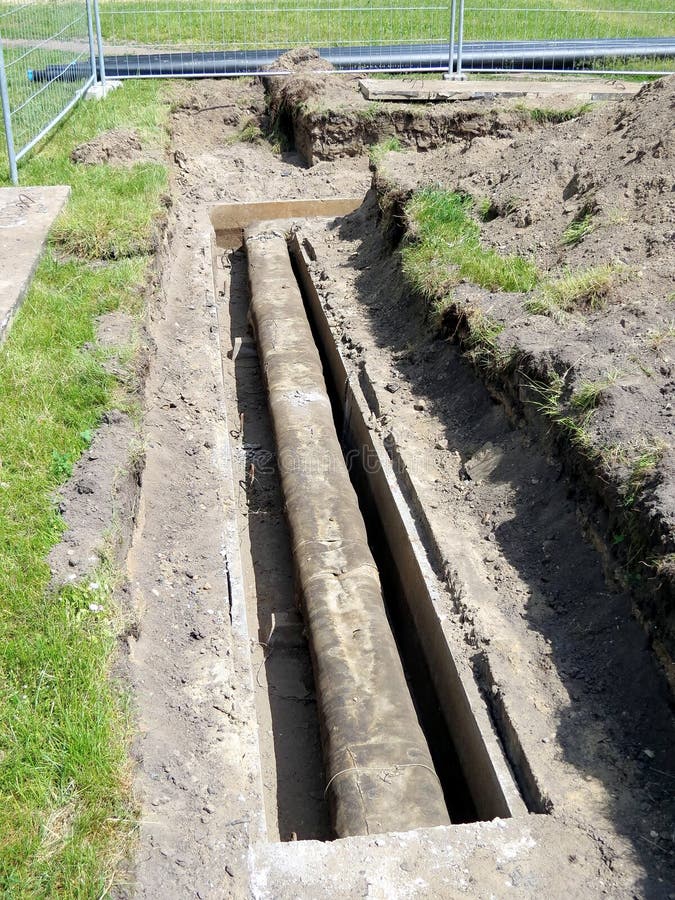



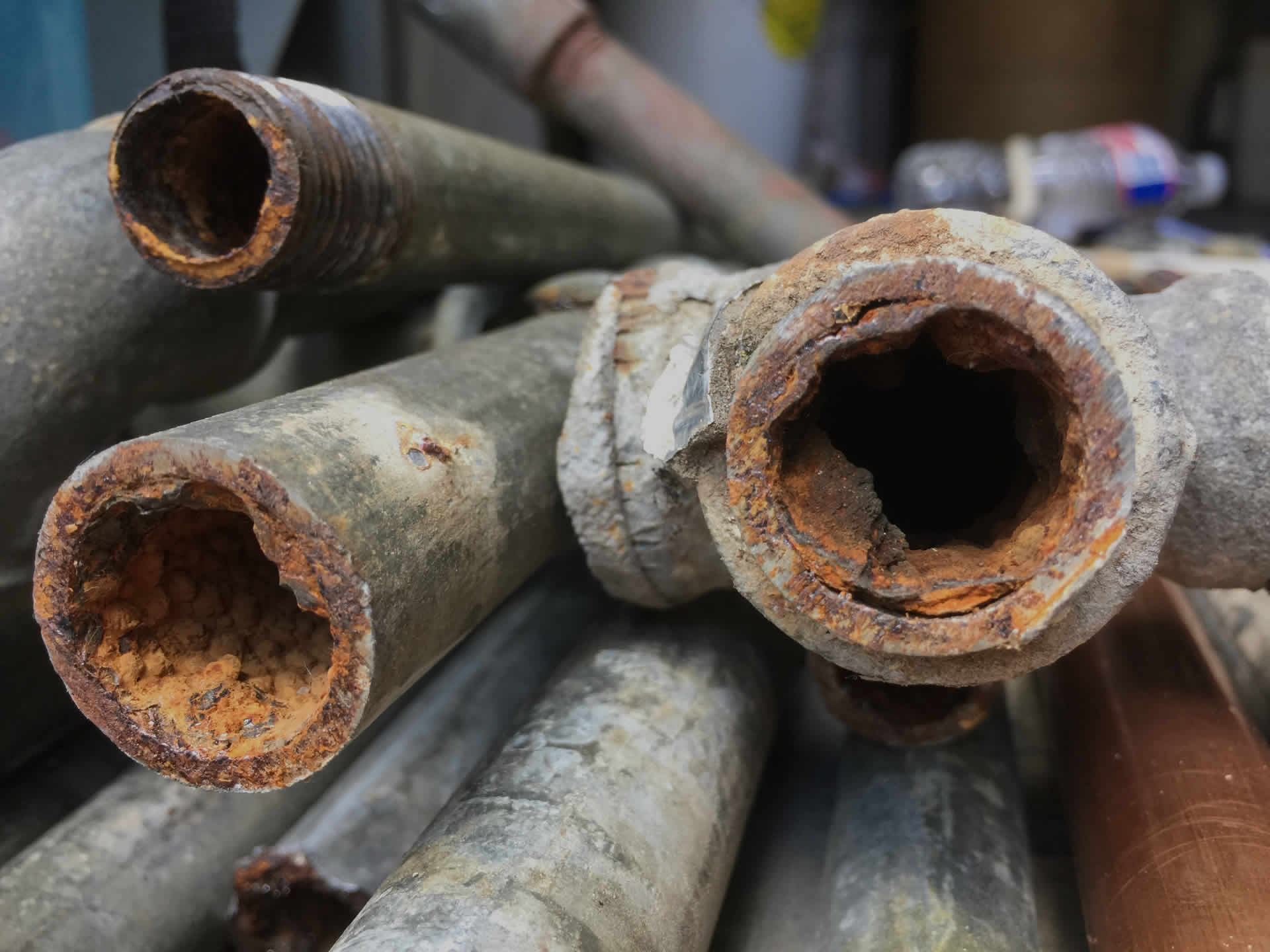


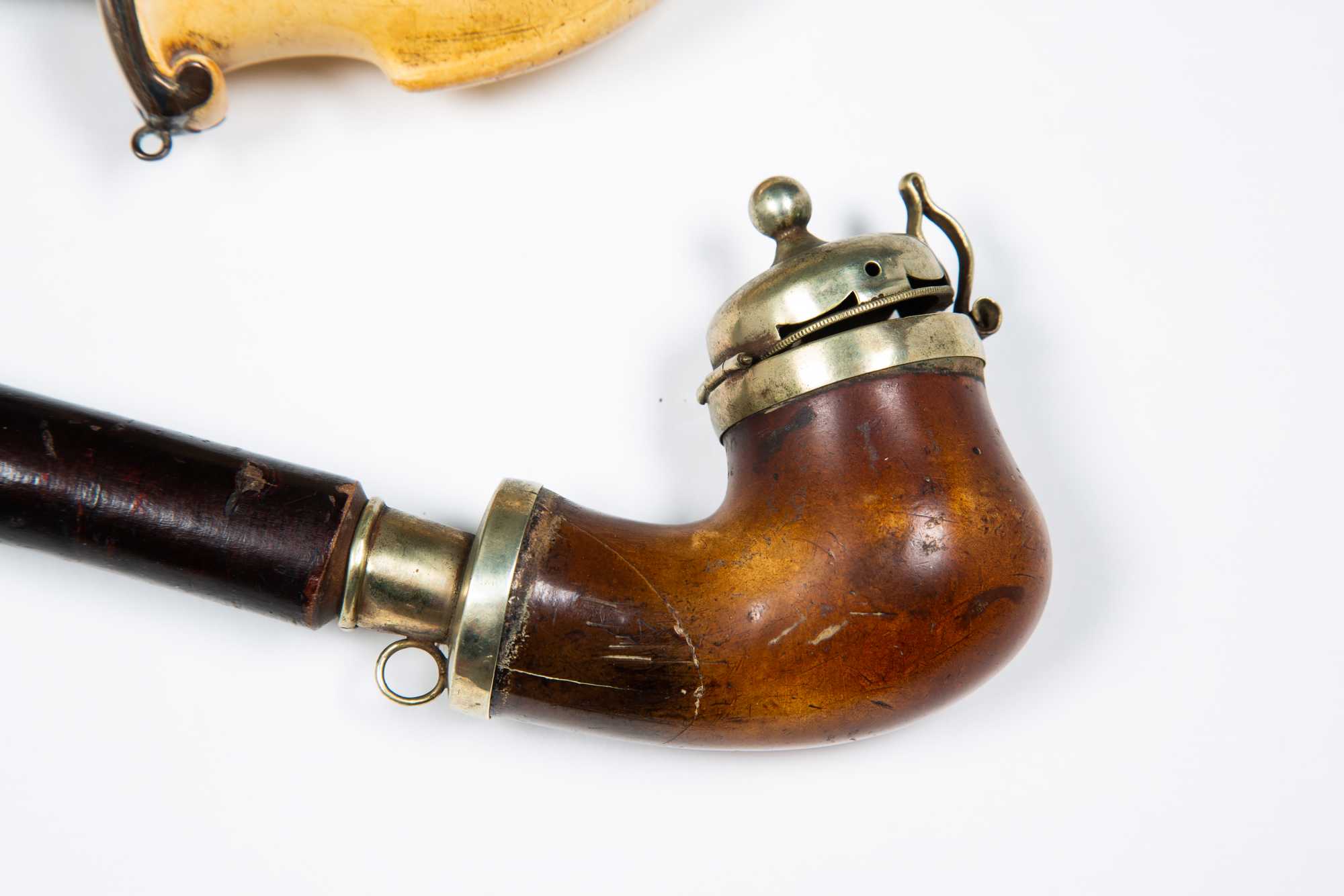






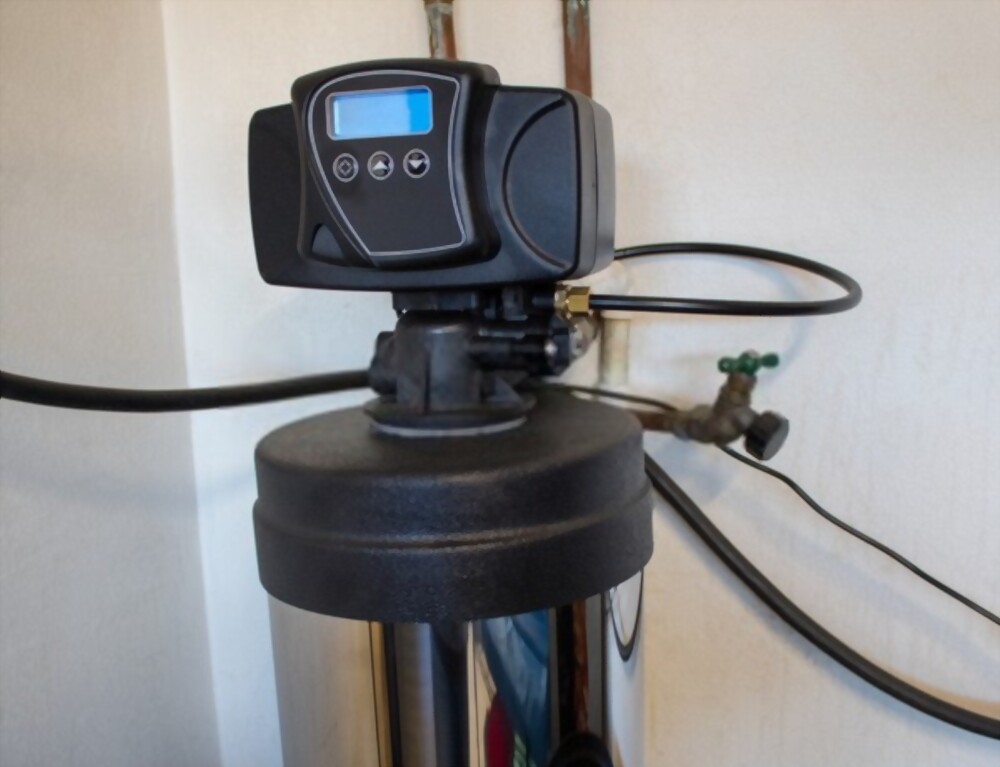



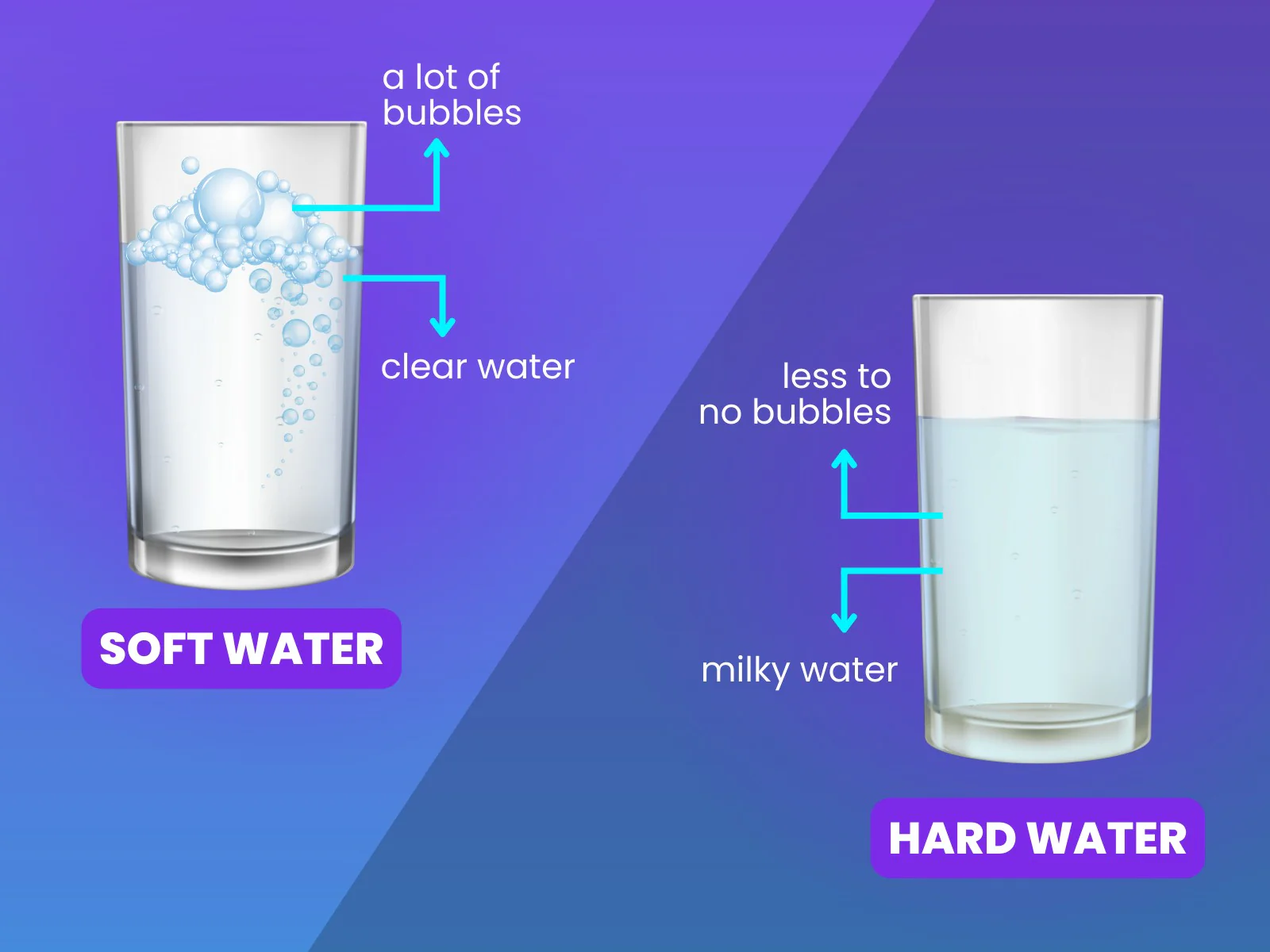













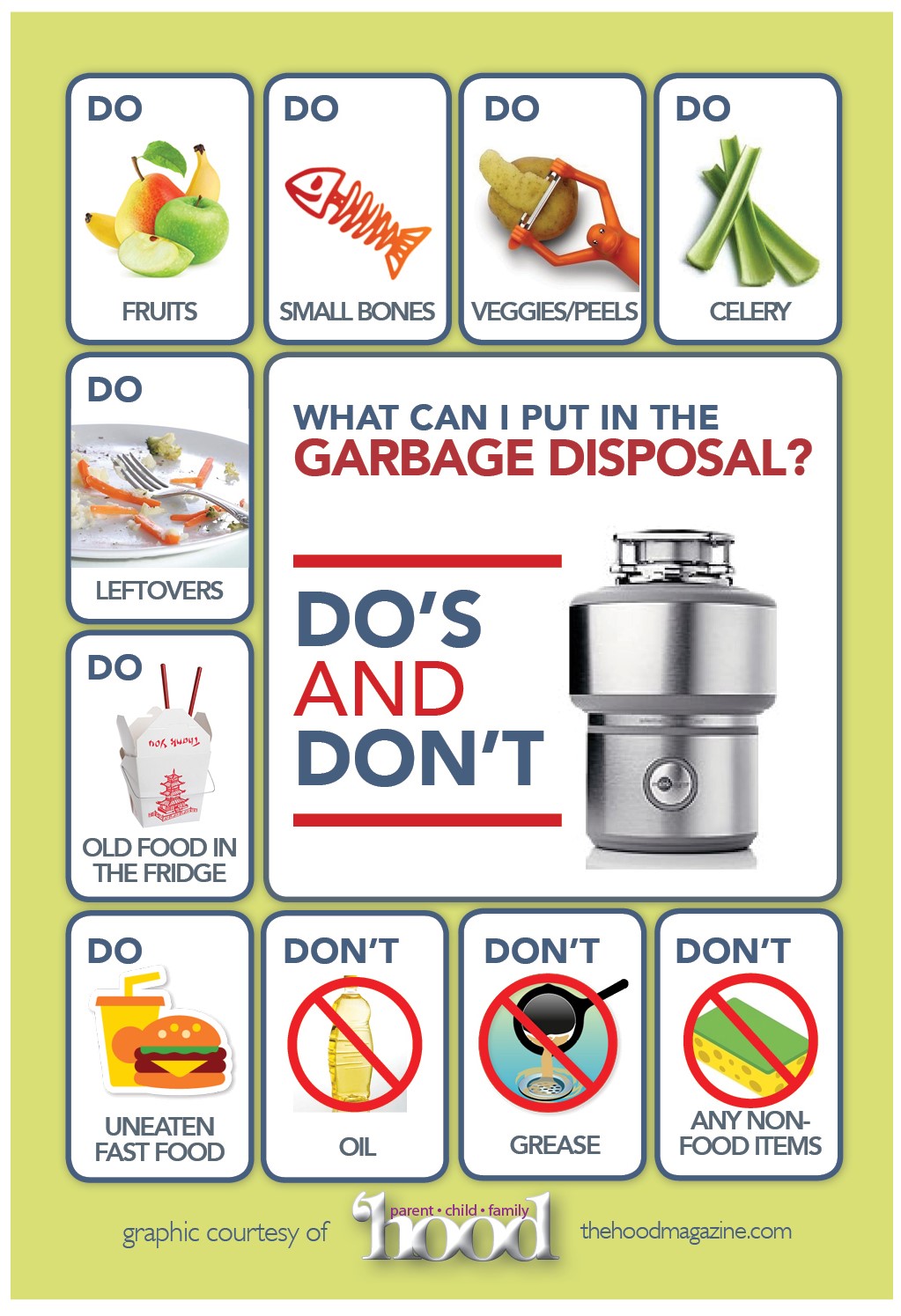



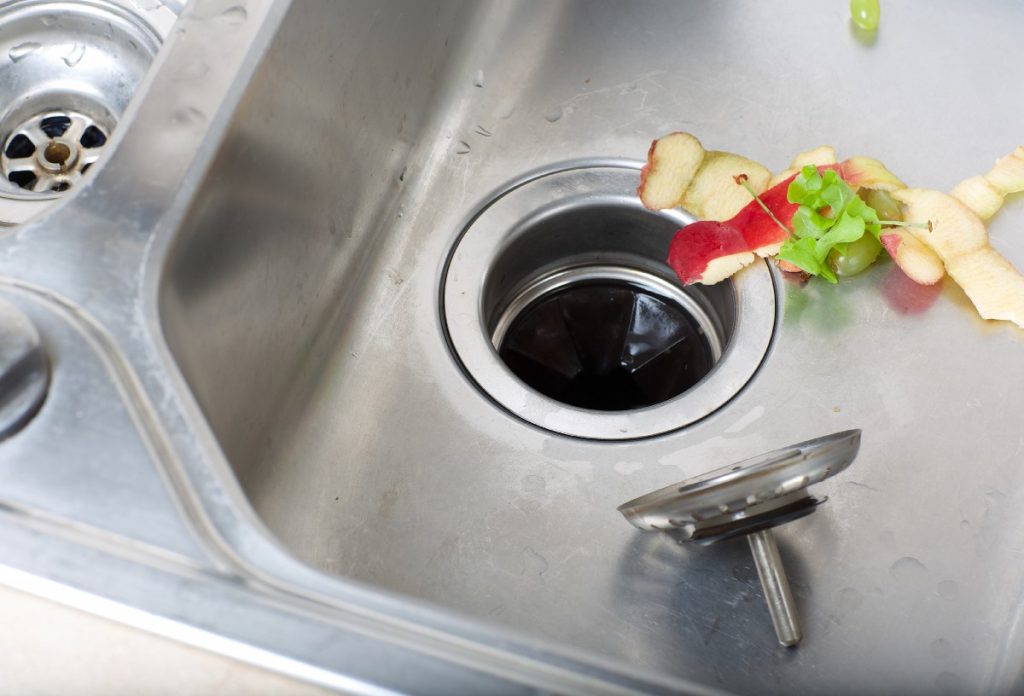

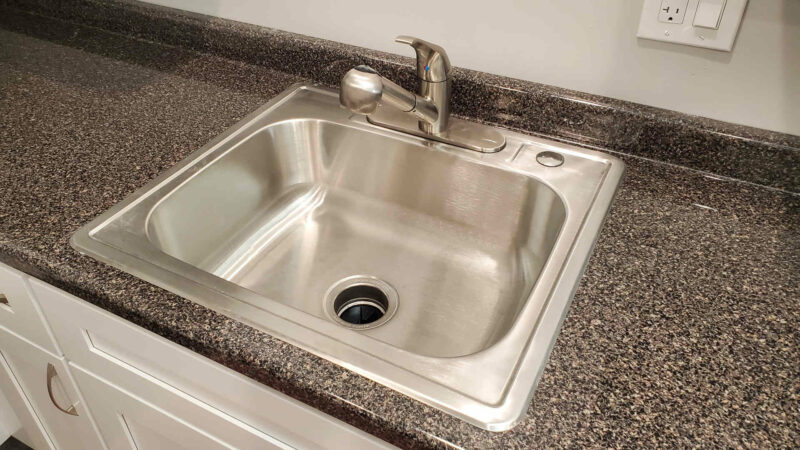
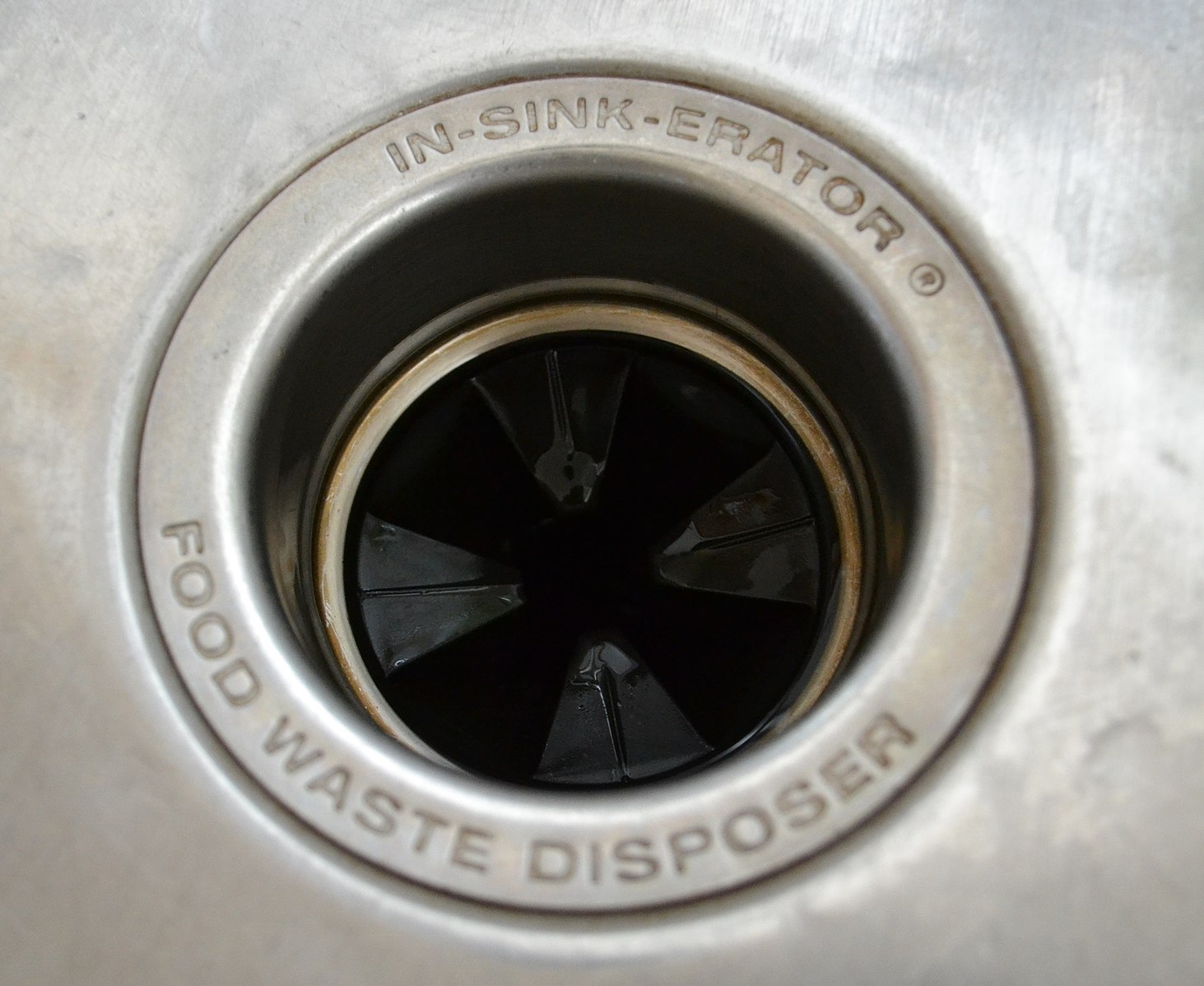
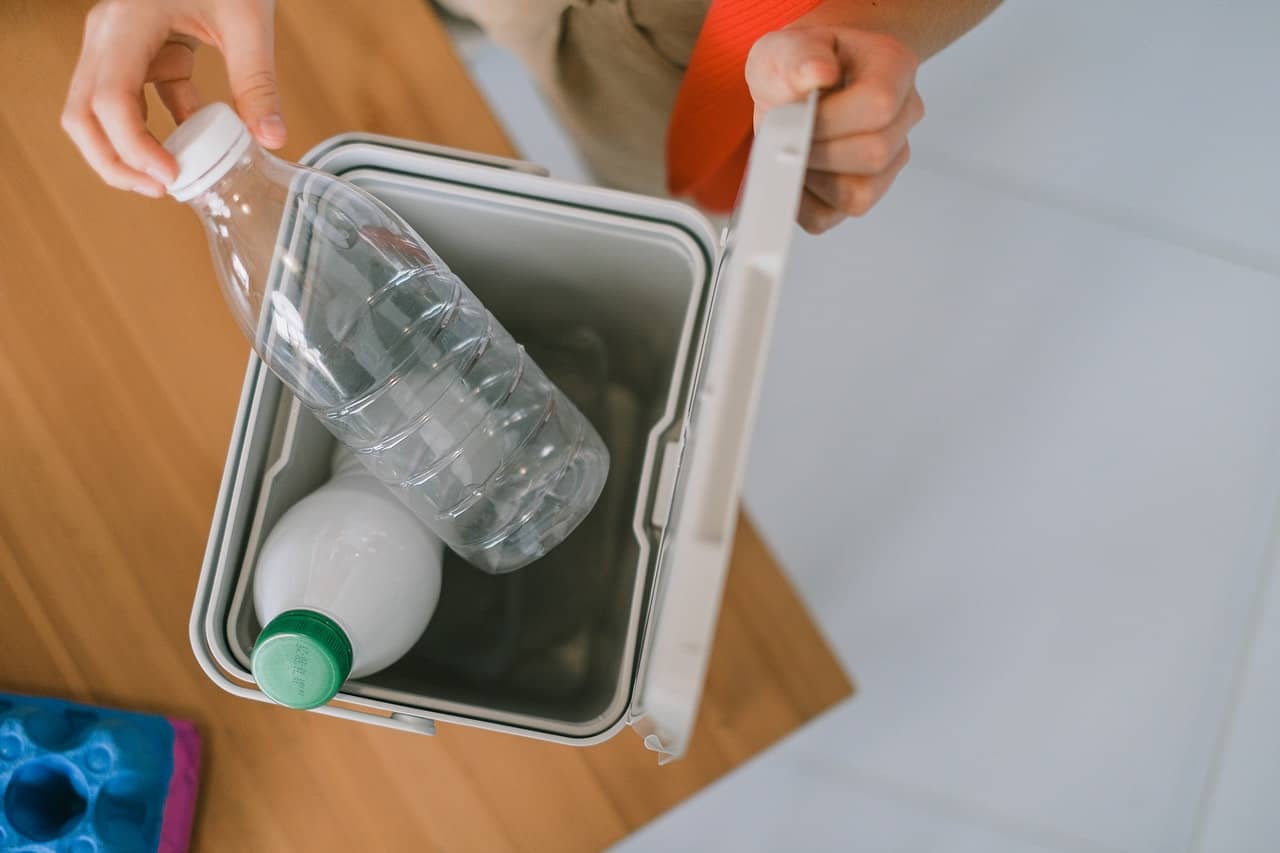
/visual-guide-of-a-garbage-disposal-1824882_V2-5394218eb74d4b949697be17ff05ea54.gif?strip=all)

